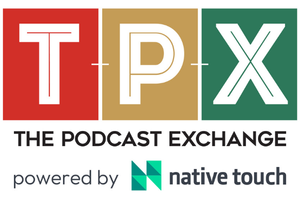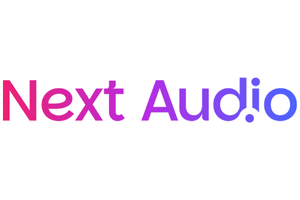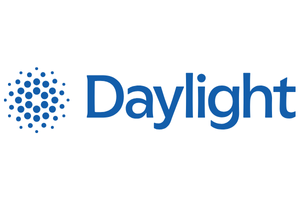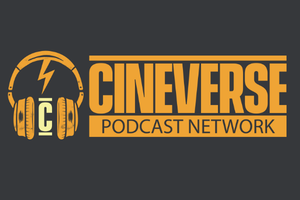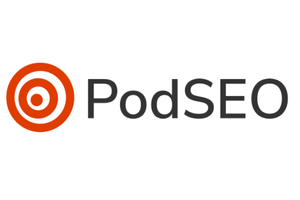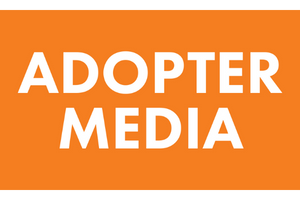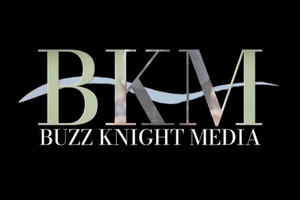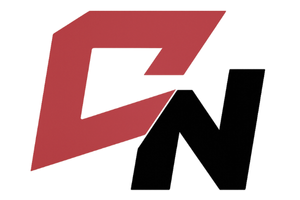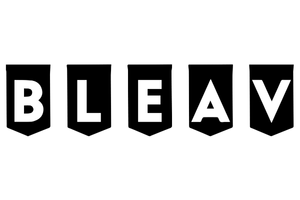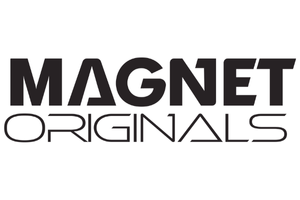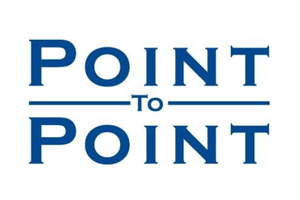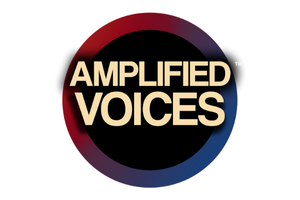Want to learn what ad tech is capable of in podcasting? Check out the Sounds Profitable Product Deepdives, an in-depth walkthrough covering the latest in podcasting technology and tools. Each episode Bryan Barletta does a full run-through of the product with someone from their team, discussing intended use-cases and what it can accomplish for users. No press releases, no marketer presentations, just the product. Catch every episode on Sounds Profitable.
In a couple of weeks, we will debut our latest research project at Podcast Movement, The Podcast Landscape in America. This is a project I have been wanting to do for some time – a large-scale survey entirely focused on the levers for audience growth and the barriers to increased podcast consumption. The findings of this project are broad-ranging and have implications for everyone from indie creators to the largest networks and platforms, and I can’t wait to start sharing some of the results from the keynote stage on Wednesday the 23rd (so, wake up early, PM attendees!).
Prior to that, though, I did want to get all of you thinking about something. If you look at the history of streaming TV, the growth of any one platform has never been tied to the technology, or even knowledge that streaming TV exists – it has always been tied to a small number of original shows. Orange is the New Black and House of Cards spurred Netflix subscriptions. The Handmaid’s Tale played a role in growing Hulu. Star Trek drove a lot of Paramount+ users. This phenomenon is also true in audio — you needn’t look any further than the role Howard Stern plays in SXM satellite radio signups and retention.
Podcasting as a medium had this moment with Serial, which became our first water cooler podcast. But let’s be honest here – that was almost ten years ago. Now, I am not one of those who decry podcasting’s supposed inability to “create hits,” but I do think it is fair to say that the medium has had a shortage of talk-about moments like the kind Serial spurred. Can you pin that on content? Partially, but not as much as you might think.
There are loads of great podcasts. We will make loads more. But there are also lessons here in the way podcasts are promoted, and in how we talk about them. When we were all watching Tiger King at the start of the pandemic, we weren’t asking each other, “Hey! Have you tried Streaming TV? It’s GREAT.” No, we all talked about Tiger King for a short period of time. Tiger King was the Song of the Summer, and we didn’t care where it was or what kind of technology carried it. We just wanted to watch it.
I wrote a couple of weeks ago about some of the lessons I learned from my first real mentor in this business, Frank Cody, but the Song of the Summer was something I learned from Frankie Blue, the original program director for WKTU-FM in New York. When the station launched in the 90s (I did all the music research) it was an enormous success – young and old listeners alike tuned in to live, or relive, their youth with The Beat of New York. I remember in one music meeting as I was working with their team on sorting through the latest research and categorizing songs, Frankie said something very wise: winning in New York wasn’t only about consistently playing good music. It was also about winning “the song of the summer.” That year, it was “Macarena” (I KNOW, I KNOW).
There wasn’t a single person on the music team that thought Macarena was some kind of classic track we would be listening to for years. But that summer, in Frankie’s wisdom, all the girls wanted to hear Macarena, and all the guys and girls who wanted to be with those girls wanted to be where it was being played. Pretty simple stuff. So while the work I was doing with them was helping to maintain the baseline quality of the station, Frankie knew that the key to WKTU’s ongoing success was to figure out the song of the summer, and to “own” it by being the first place people think of to hear it. Frankie was very good at spotting the song of the summer.
Serial was podcasting’s song of the summer a long time ago – the song that was emblematic of an entire medium. But consider that Serial was not one of dozens or hundreds of podcasts carried by its home network. It was a singular brand extension from a well-established, singular show, This American Life. Serial was the recipient not just of cross promotion, but the undivided attention of TAL’s promotional focus outside of the parent show. Today we get shows dropped every week, and promoted for short periods of time, or with other podcasts, but Serial didn’t really have to share the stage, and I am convinced that played a big role in getting enough talk-about in a short period of time to become the song of the summer for podcasting.
I recently gave some advice to a friend of mine who has put together a network of multiple podcasts covering a subject area, but was running into the same problem all of you have encountered – it’s hard to build an audience. My advice to him was to stop promoting all of his shows all at once and to devote his promotional and cross-promotional efforts to promoting the single “flagship” show, and letting that show, in turn, promote the network. It’s just hard to get people to try one thing when we are constantly asking them to try all of the things.
It’s also why, when I am asked by people who are not regular podcast listeners, I typically only recommend a handful of the absolute biggest and best shows. If I am asked by a typical podcast listener what other storytelling podcasts I would recommend, I’ll offer a list. But for a newbie? I’m recommending The Moth. Fan of investigative journalism? I’m only offering In The Dark. And so on. Every new listener to podcasting judges the medium based on their entry to the medium, and we can’t afford not to put our best foot forward every time.
I suppose I would sum all of this up as saying that we aren’t quite there yet as far as making podcasting a habit for mainstream consumers goes. We need more songs of the summer, and that requires large segments of listeners to all be talking about the same thing at the same time. And this brings me to the titular problem of this newsletter: podcasting has had some of those moments post-Serial, and sadly, they are often about Joe Rogan, which is not the best we have to offer (and not even a podcast now, as far as that goes).
But there he is – by light-years the most popular podcast in America, and #2 is not even close. Talk to people about trying a podcast and see how many respond with “oh, like Joe Rogan?” Joe Rogan has put podcasting on the map, in his own way, with regular emissions of effluvia that include anti-science, racism, and junk conspiracy theories. I am not saying Rogan is a bad person. Never met the man. But as the “face” of podcasting for so many humans that have few other interactions with the medium, he is a terrible ambassador for the mainstream acceptance of podcasts.
Well, there isn’t much I can do about that one. But there is a lesson here for both networks and individuals alike. For publishers, it may be that promotionally you need to focus on one thing at a time for a while, instead of all the things. The music industry has known this for a long time.
And for those of us who talk to friends and family about trying podcasting, all I can do is to remind you all of the “song of the summer”. That there are hundreds of shows about that one weird hobby your father-in-law has may be something he can come to appreciate in time. The variety of podcasting is what keeps we regulars engaged, but “variety” is only a benefit for those who know and like the choices. If your job is to sell someone new to the medium, have a look at the top shows in podcasting and see if you can’t recommend just one of those, at least to start with. Like Head and Shoulders told us in their TV ads for years, you never get a second chance to make a first impression.
New Partners
Sounds Profitable exists thanks to the continued support of our amazing partners. Monthly consulting, free tickets to our quarterly events, partner-only webinars, and access to our 500+ person slack channel are all benefits of partnering Sounds Profitable.
- The Atlanta Journal-Constitution is Atlanta's only major newspaper with a 150-year history. The AJC is looking to expand on its legacy and its journalism by becoming Atlanta's leading audio company.
- Situation Room Studios is the news podcast division of Global Situation Room, and has created leading political and foreign affairs shows including One Decision, Press Advance, and The Media Mix.
Want to learn more about partnership? Hit reply or send us an email!


















